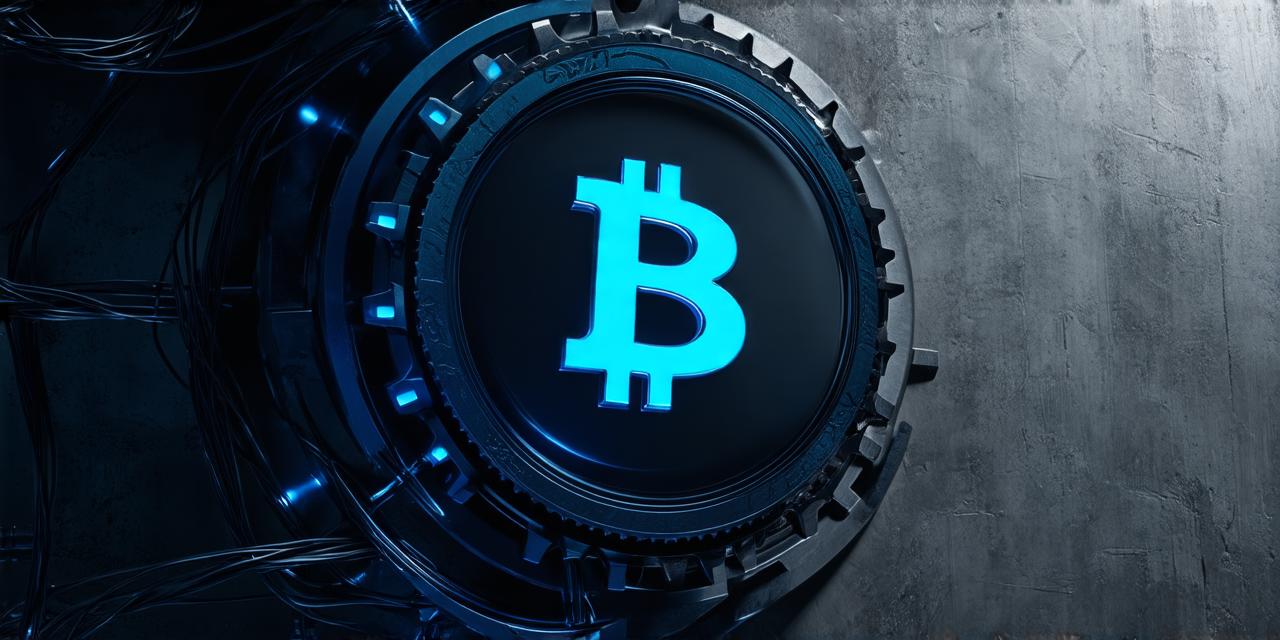What is the Metaverse Blockchain?
The metaverse blockchain is a decentralized ledger that records all transactions in the virtual world of the metaverse. It is built on top of existing blockchain networks such as Bitcoin and Ethereum and allows for seamless integration of blockchain technology into the virtual space. The metaverse blockchain provides a secure, transparent, and immutable way to record and verify all actions that take place in the virtual world.
Features of the Metaverse Blockchain

1.
Decentralization: The metaverse blockchain is decentralized, meaning that it is not controlled by any single entity or organization. Instead, it is maintained by a network of nodes distributed across the globe, ensuring that there is no single point of failure.
2.
Security: The metaverse blockchain uses cryptographic algorithms to secure all transactions and prevent fraudulent activities. This makes it an ideal solution for industries such as gaming, where security is paramount.
3.
Transparency: All transactions recorded on the metaverse blockchain are transparent and easily accessible to anyone who wants to view them. This helps to build trust in the virtual world and ensures that all actions are auditable.
4.
Interoperability: The metaverse blockchain allows for seamless integration with other blockchain networks, enabling developers to create interconnected applications that can operate across multiple platforms.
5.
Smart Contracts: The metaverse blockchain supports smart contracts, self-executing agreements with the terms of the agreement between buyer and seller being directly written into lines of code. This makes it easier for developers to create complex business logic and automate processes in the virtual world.
Real-Life Applications of the Metaverse Blockchain
1.
Gaming: The metaverse blockchain can transform the gaming industry by providing a secure, transparent, and interoperable way to record and verify all transactions. This enables developers to create more complex games with better security features and reduces the risk of fraudulent activities.
2.
Real Estate: The metaverse blockchain can be used in the real estate industry to create virtual representations of properties and facilitate real-time transactions. This helps to reduce the time and cost associated with traditional real estate transactions.
3.
Supply Chain Management: The metaverse blockchain can be used in supply chain management to track products from their point of origin to their final destination. This helps to improve transparency, traceability, and accountability, reducing the risk of fraudulent activities.
4.
Identity Verification: The metaverse blockchain can be used for identity verification in various industries such as finance, healthcare, and education. This helps to reduce the time and cost associated with traditional identity verification processes and improves security and privacy.
Case Studies of the Metaverse Blockchain
1.
Decentraland: Decentraland is a virtual reality platform built on top of the Ethereum blockchain. It allows users to create, explore, and monetize their own virtual worlds and experiences. Decentraland uses the Ethereum blockchain for identity verification, in-game transactions, and content creation.
2.
Somnium Space: Somnium Space is a decentralized virtual reality platform that allows users to create and explore immersive VR experiences. It uses the Ethereum blockchain for identity verification, in-game transactions, and content creation.
3.
CryptoVoxels: CryptoVoxels is a decentralized virtual world built on top of the Ethereum blockchain. It allows users to create and explore their own VR experiences and monetize them through in-game transactions. CryptoVoxels uses the Ethereum blockchain for identity verification, in-game transactions, and content creation.



